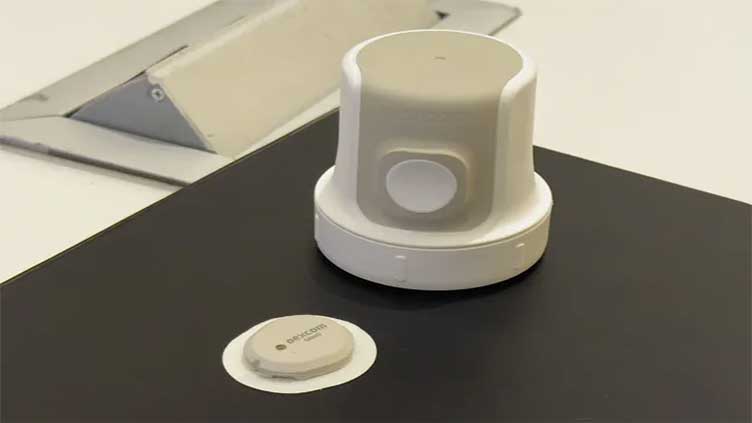New glucose monitor is a health tech gadget with purpose

Technology
It provides a look at your blood sugar levels
(Web Desk) - Stelo continuous glucose monitor (CGM), a wearable sensor that provides a real-time look at your blood sugar levels.
Unlike most CGMs, the Stelo is specifically designed to be an affordable option for Type 2 diabetics who don’t use insulin.
Unlike Type 1 diabetes, where a person produces little to no insulin, Type 2 diabetes is when, over time, the body either doesn’t produce enough insulin or the body becomes insulin resistant.
Roughly 90 to 95 percent of all diagnosed diabetics have Type 2. However, if they control their glucose levels through oral medication rather than inject insulin, they usually don’t have access to CGM devices.
“The way CGMs work in the US is that coverage is pretty good if you take insulin, and that’s about a third of people with Type 2 diabetes,” says Dexcom COO Jake Leach.
“But there’s this large portion of about 25 million people who don’t have insurance coverage for CGMs and there really hasn’t been a product designed for them.”
 According to Leach, the Stelo is based on Dexcom’s existing G7 CGM platform and will last for about 15 days per sensor. However, instead of a system that centers around low blood sugar alerts — which is most useful for those who use insulin — the Stelo app is meant to provide insights around real-time readings.
According to Leach, the Stelo is based on Dexcom’s existing G7 CGM platform and will last for about 15 days per sensor. However, instead of a system that centers around low blood sugar alerts — which is most useful for those who use insulin — the Stelo app is meant to provide insights around real-time readings.
In other words, this isn’t a device meant to save lives, but rather improve them.
For example, Leach says, the hope is that through using Stelo, Type 2 diabetics who don’t regularly check their blood sugar with finger prick tests can come away with a greater understanding of what their normal average blood glucose range looks like, and what to do with that data.
For example, they might learn that pairing white rice with chicken and vegetables at dinner leads to a lower spike than rice eaten alone.
Or that the same foods eaten earlier in the night result in a less intense glucose response. Ideally, that would empower them to make smarter choices day to day between doctor visits.
It’s similar to pitches from other CGM startups that tout using these devices for athletes or the uber health conscious.
But while Leach sees the opportunities for CGMs for non-diabetics, he says Dexcom is choosing to stay focused on expanding use cases for those with diabetes.


